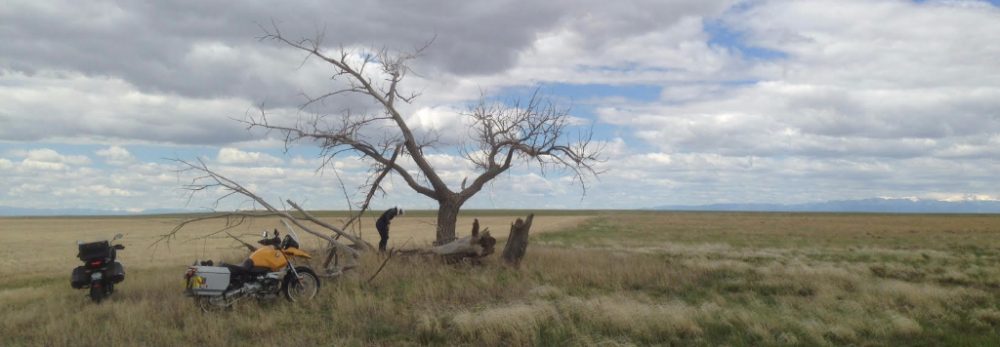What is it?
Digital cameras are cool. So is GPS. And, EXIF tags are really cool too.
What happens when you merge the three? You end up with a set of photos taken with a digital camera that are “stamped” with the location at which they were taken.
The EXIF standard defines a number of tags that are for use with GPS.
The program takes GPS data in GPX format. This is an XML format. I recommend using GPSBabel – it can convert from lots of formats to GPX, as well as download from several brands of popular GPS receivers.
1) The program can “interpolate” between points (linearly) to get better results. (That is, for GPS logs that are not one sample per second)
2) The resolution is down to one second. But that should be good enough for most things. (This is a limit of the EXIF tags format, as well as GPX)
3) For best results, you should synchronise your camera to the GPS time before you start taking photos. Note: digital cameras clocks drift quickly – even over a short period of time (say, a week).
Installing is easy if you are running debian unstable (sid) or Ubuntu you can just run the following command install it.
$ apt-get install gpscorrelate gpscorrelate-gui
So, here we will see if the photo’s end up on the map, and if they do, make sure they are in the correct position.
Total climbing: 6127 ft
Well, that didn’t work at all. The image on the map isn’t anywhere near where I took it!
